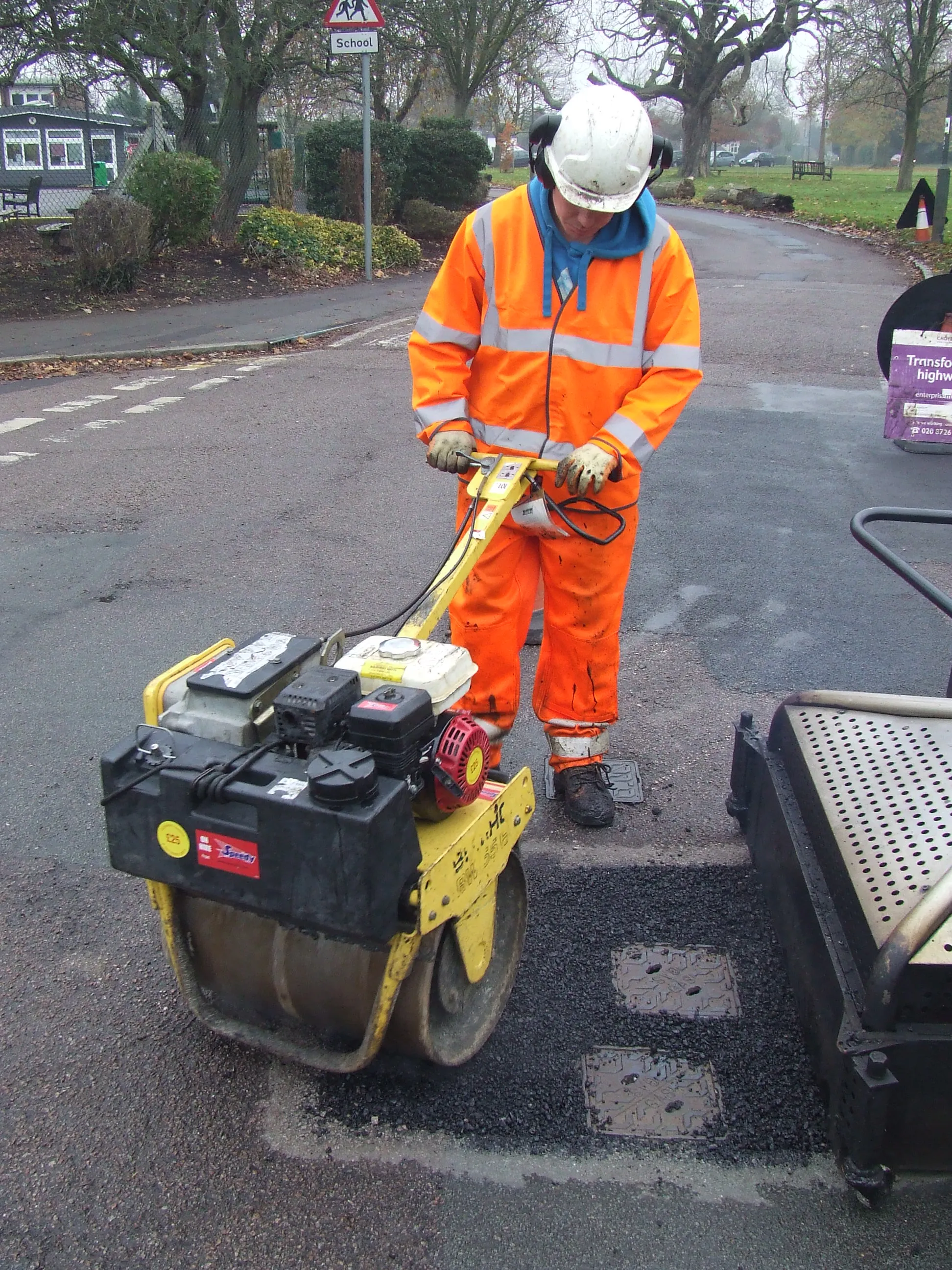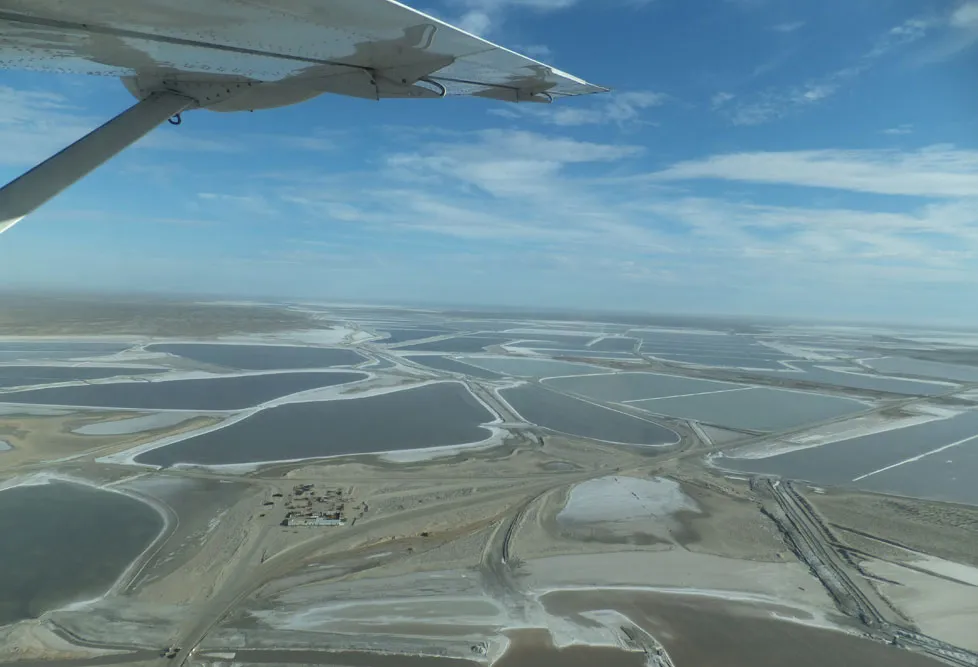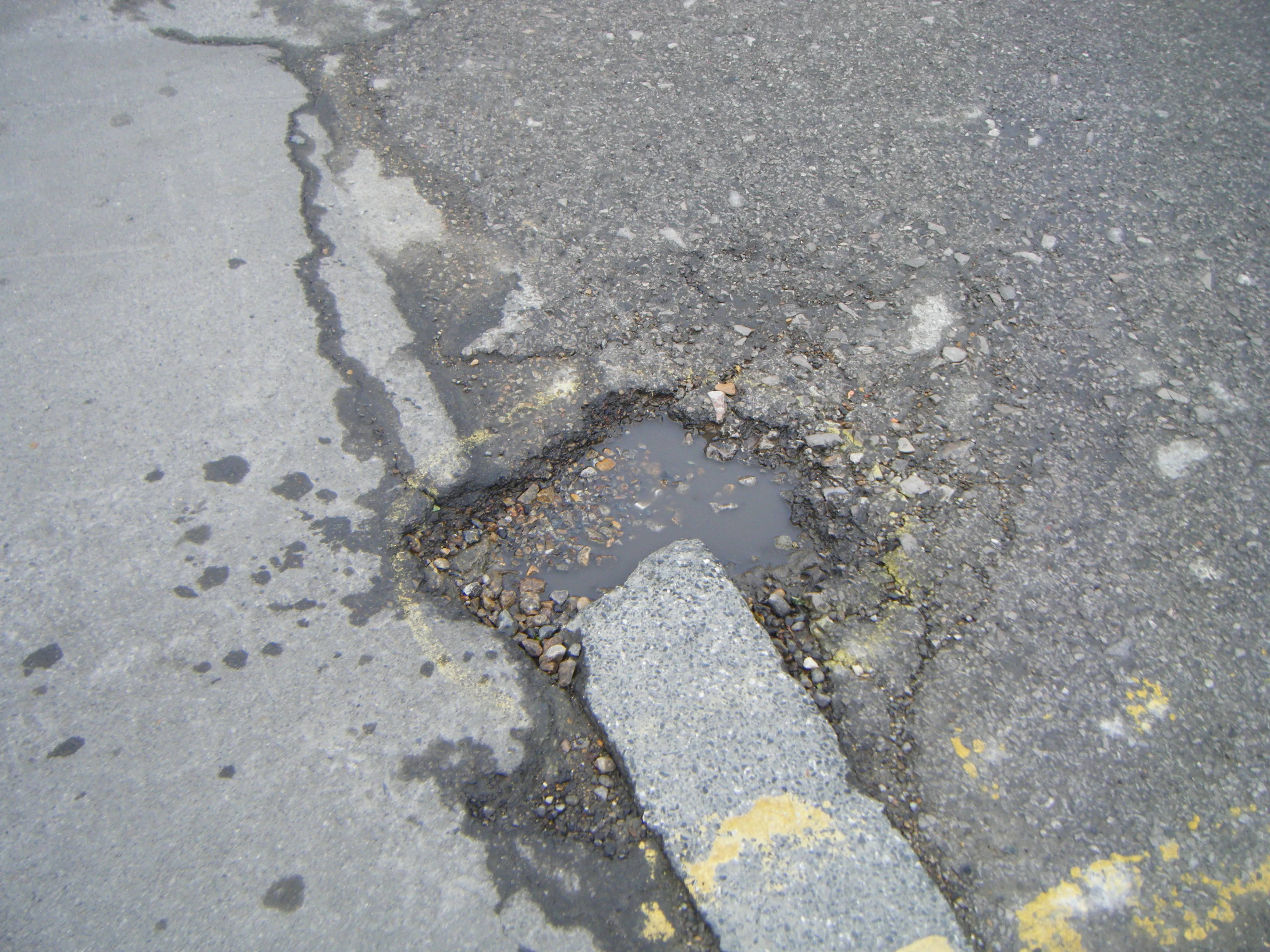A UK-based “Annual Local Authority Road Maintenance (ALARM) Survey” has proved so successful that its backers believe it has started to change government policy and attitudes to the country’s road maintenance plan. ALARM, which is backed by the Asphalt Industry Alliance (AIA), has encouraged the UK government to introduce a new long-term 5-year £1 billion road maintenance funding plan and its findings are being openly used by senior members of the Cabinet said Rick Ashton, market development manager at Tota
February 27, 2015
Read time: 5 mins

A UK-based “Annual Local Authority Road Maintenance (ALARM) Survey” has proved so successful that its backers believe it has started to change government policy and attitudes to the country’s road maintenance plan.
ALARM, which is backed by the1360 Asphalt Industry Alliance (AIA), has encouraged the UK government to introduce a new long-term 5-year £1 billion road maintenance funding plan and its findings are being openly used by senior members of the Cabinet said Rick Ashton, market development manager at Total UK, speaking at the PRRS Paris 2015 pavement preservation and recycling summit.
“The Chancellor of the Exchequer is now quoting ALARM statistics when speaking in public” Ashton said, and “we genuinely believe that in the future there should be fewer potholes and a better long-term funding plan in place for the UK roads sector because of the ALARM survey.”
The most recent 19th Annual Local Authority Road Maintenance (ALARM) Survey, which was published on 3 April 2014, reports that the estimated cost to get the local road network in England and Wales back into reasonable condition had increased to £12 billion (up from £10.5 billion in 2013).
How does ALARM work, and why is it winning the road spending argument in the UK? Each year the Asphalt Industry Alliance (AIA) commissions a survey of highways departments in all local authorities in England and Wales. The aim of the survey is to build a picture of the general condition of local roads and the levels of maintenance activity as well as the levels of funding required to ensure that they are in reasonable condition. The survey goes directly to the highway engineers at the sharp end.
Ashton told PPRS that this means “the data comes straight from the horse’s mouth” … directly from the people charged with keeping the country’s road network up and running every day. He also believes that “potholes have really caught the public’s attention right now,” and that the ALARM survey gives the road lobby vital supporting data in it campaign for more highway maintenance spending.
“This is good news and one of a number of signs indicating that the appalling state of our local road network is at long last being addressed,” said Alan Mackenzie, chairman of the Asphalt Industry Alliance in his introduction to the current report.
“Increasing numbers of local authorities are participating in the Highway Maintenance Efficiency Programme (HMEP), a DfT (the1439 UK Department for Transport) initiative to encourage the sector to work together and share best practice to achieve better roads. In addition, this year’s ALARM Survey shows that the gap between the funds that local authority highways departments say they need annually to keep their roads in adequate condition, and the amount they actually received, has reduced significantly.”
“There are many reasons for this, not least improved knowledge sharing and best practice, but also the growing number of authorities (60% in England) which now have highway asset management plans (HAMPs). A HAMP means never having to say sorry…the need for more funding can always be substantiated.”
“And,” Mackenzie added, “it seems to have worked. Many respondents to this year’s survey report that there has been a greater concentration of effort to improve road conditions over the last year, and using their HAMP to make the case to their elected members has won them additional funding that has reduced their shortfall.”
However, “a less welcome figure highlighted by this year’s survey is the unexpected increase in the one-off “catch-up” cost which benchmarks how far away the local road network is from being in reasonable condition. Last year this estimated cost was £10.5 billion; this year it has risen to the highest ever, at £12 billion. This is particularly galling when everyone is working so hard to make squeezed resources work efficiently and it reinforces the pertinence of our mantra “invest now to save later”.
The ALARM report should be cloned in other countries and used as a tool to encourage government investment in our roads, PPRS was told. Here are the results of the most recent survey:
Key Findings –
Annual Local Authority Road Maintenance (ALARM) Survey 2014
ALARM, which is backed by the
“The Chancellor of the Exchequer is now quoting ALARM statistics when speaking in public” Ashton said, and “we genuinely believe that in the future there should be fewer potholes and a better long-term funding plan in place for the UK roads sector because of the ALARM survey.”
The most recent 19th Annual Local Authority Road Maintenance (ALARM) Survey, which was published on 3 April 2014, reports that the estimated cost to get the local road network in England and Wales back into reasonable condition had increased to £12 billion (up from £10.5 billion in 2013).
How does ALARM work, and why is it winning the road spending argument in the UK? Each year the Asphalt Industry Alliance (AIA) commissions a survey of highways departments in all local authorities in England and Wales. The aim of the survey is to build a picture of the general condition of local roads and the levels of maintenance activity as well as the levels of funding required to ensure that they are in reasonable condition. The survey goes directly to the highway engineers at the sharp end.
Ashton told PPRS that this means “the data comes straight from the horse’s mouth” … directly from the people charged with keeping the country’s road network up and running every day. He also believes that “potholes have really caught the public’s attention right now,” and that the ALARM survey gives the road lobby vital supporting data in it campaign for more highway maintenance spending.
“This is good news and one of a number of signs indicating that the appalling state of our local road network is at long last being addressed,” said Alan Mackenzie, chairman of the Asphalt Industry Alliance in his introduction to the current report.
“Increasing numbers of local authorities are participating in the Highway Maintenance Efficiency Programme (HMEP), a DfT (the
“There are many reasons for this, not least improved knowledge sharing and best practice, but also the growing number of authorities (60% in England) which now have highway asset management plans (HAMPs). A HAMP means never having to say sorry…the need for more funding can always be substantiated.”
“And,” Mackenzie added, “it seems to have worked. Many respondents to this year’s survey report that there has been a greater concentration of effort to improve road conditions over the last year, and using their HAMP to make the case to their elected members has won them additional funding that has reduced their shortfall.”
However, “a less welcome figure highlighted by this year’s survey is the unexpected increase in the one-off “catch-up” cost which benchmarks how far away the local road network is from being in reasonable condition. Last year this estimated cost was £10.5 billion; this year it has risen to the highest ever, at £12 billion. This is particularly galling when everyone is working so hard to make squeezed resources work efficiently and it reinforces the pertinence of our mantra “invest now to save later”.
The ALARM report should be cloned in other countries and used as a tool to encourage government investment in our roads, PPRS was told. Here are the results of the most recent survey:
Key Findings –
Annual Local Authority Road Maintenance (ALARM) Survey 2014
| Wales | England (exc. London) | London |
|---|---|---|
| Percentage of authorities responding 68% | 75% | 75% |
| Shortfall in annual road structural budget £62.7m | £587m | £64m |
| Average annual budget shortfall per authority £2.85m | £5.1m | £2m |
| Percentage of budget used on reactive maintenance 35% | 24% | 34% |
| Estimated time to clear carriageway maintenance backlog in years 12 | 12 | 14 |
| Estimated one-time catch-up cost per authority £20m | £90m | £36m |
| Percentage of authorities reporting unforeseen additional costs 80% | 65% | 29% |
| Average additional cost per authority (where figures available) £337k | £1.6m | £905k |
| Frequency of road surfacing (all road classes) in years 68 | 68 | 32 |
| Number of potholes filled over past year 148,060 | 1,747,425 | 115,264 |
| Average number filled per authority last year 6,730 | 15,195 | 3,602 |
| Average cost to fill one pothole £52 | £52 | £70 |
| Total spent filling potholes in past year £7.7m | £90.9m | £8.1m |
| Amount paid in road user compensation claims £1.1m | £11.1m | £4.4m |
| Staff costs spent on claims (per year) average per authority £112k | £88k | £76k |
| Average no utility trenches over past year per authority 4,980 | 13,690 | 7,890 |









